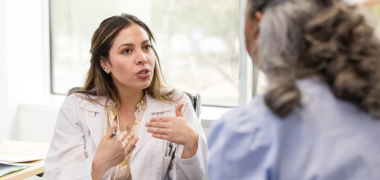
This role has a moderate level of AI exposure. AI can enhance efficiency for some tasks, but this job still relies on human skills and decision-making.
Explore all careersHospital Scientists conduct tests on samples to aid in diagnosing and treating patients, ensuring accurate results to support healthcare.
Get qualified to work as a Hospital Scientist with a course recognised across Australia. Speak to a training provider to learn more.

Browse occupations related to Hospital Scientist



Discover the path to becoming a Hospital Scientist through engaging and comprehensive Hospital Scientist courses in Port Macquarie. The Bachelor of Biomedical Science is the primary course available for those looking to advance their careers in the biomedical field. With local training providers offering high-quality education tailored to the needs of aspiring scientists, Port Macquarie stands out as a prime location to gain essential education and skills for your professional journey.
Those considering a career in the healthcare sector may also be interested in related job roles that complement the Hospital Scientist profession. Opportunities such as Medical Laboratory Technician, Medical Scientist, or even Pathologist provide a diverse array of career paths. Each role plays a crucial part in the healthcare system, ensuring that patients receive accurate diagnoses and effective treatments.
Port Macquarie is not only known for its beautiful coastal scenery but also for its commitment to healthcare education. With experienced trainers and recognised courses geared towards skilled learners, you can elevate your career with a Bachelor of Biomedical Science and prepare yourself for various job roles, including Clinical Research Coordinator and Immunologist. The local training providers are equipped to guide you through your studies in this dynamic field.
As you embark on your educational journey through the Hospital Scientist courses in Port Macquarie, consider expanding your horizons further into fields like Exercise Physiologist, Clinical Scientist, and more. The skills you acquire will be applicable across a variety of healthcare settings, helping you make a difference in people's lives while enjoying a fulfilling career.